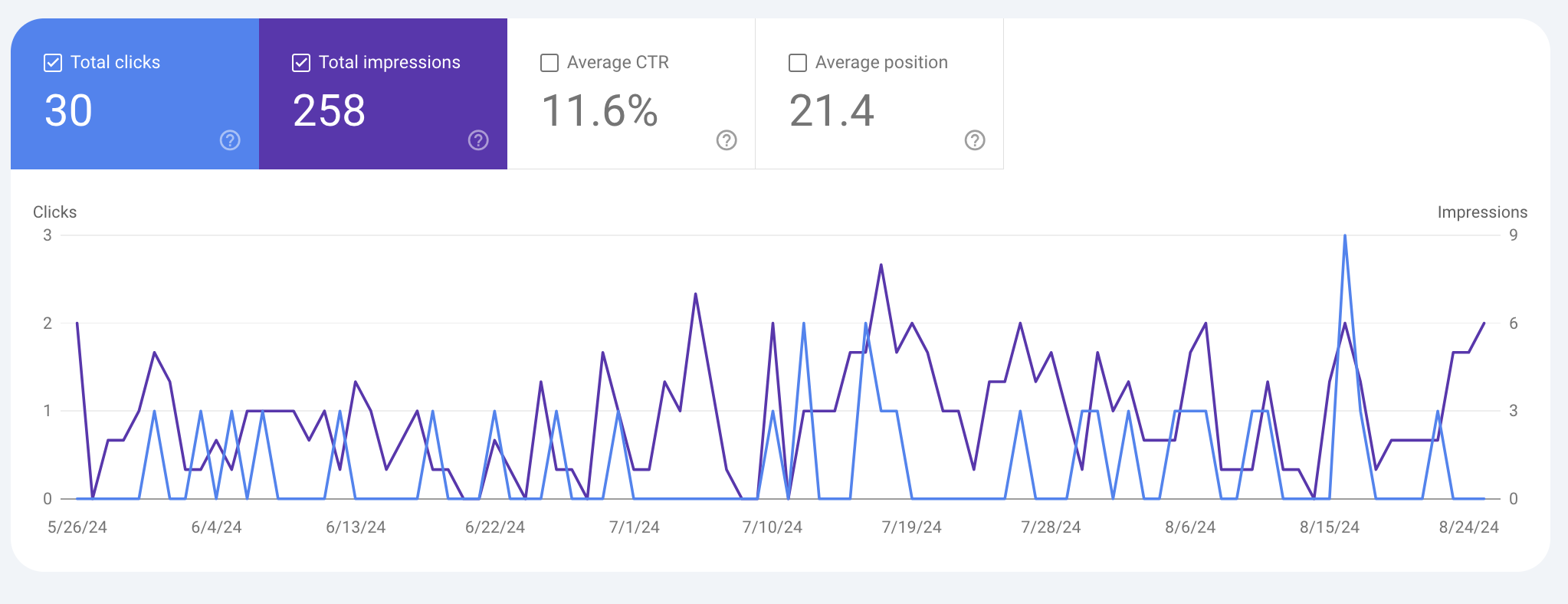How I positioned a keyword with SEO and AI in Estonian
About two years ago, I dove into the world of search engine optimization (SEO), both on the technical and non-technical sides. What started as a simple curiosity quickly turned into a passion project. I began experimenting, tweaking things here and there, and gradually ramped up my efforts.
After putting in the work and writing over 20 blogs, we reached an exciting milestone, our website, www.guatson.com, attracted more than 60,000 organic searches. It was a significant achievement, especially considering that organic traffic is the primary driver of growth for Guatson.
Why did I learn SEO?
One of the aspects I found most exciting about keyword research for SEO was how it deepened my understanding of market intent and customer journeys. SEO isn't just about keywords and rankings; it's about getting inside the minds of the potential customers, figuring out what they're searching for, and guiding them toward the value you are proposing.
I had to spend countless hours at the whiteboard, mapping out these journeys, trying to think from the perspective of someone encountering our product for the first time.
To do keyword research, I liked following the hubspot idea of a buyer's journey (there's a good video about it) which is:
- Awareness stage - asking questions as "I need to improve, to prevent, to start, to stop, to optimize, to solve, to learn more about"
- Consideration stage - asking questions as "what tools are available for, what are the industry solutions, what are my options, what options are there for?"
- Decision stage - asking questions as
For example, for an accounting service, the main awareness questions are how to invoice? what is VAT? how to add VAT? Some questions I could find in communities like reddit. Other questions I had to ask leads who would ask about our service. And others, simply interviewing friends, family, people who were around me.
But it's not all fun.
The process of nurturing leads from a blog post to a landing page or sign-up form is a complex, often challenging task that requires continuous refinement. You can't expect overnight that visitors to a page will give you all their data or email or even pay for your product. It’s an iterative process that demands patience and persistence, but when done right, the rewards are well worth the effort.
So, if you're considering implementing SEO for your startup, business or company, keep in mind that it’s not a quick fix. It’s a long-term strategy that involves understanding your audience, creating valuable content, and constantly optimizing and optimizing your approach. But with the right mindset and dedication, it can become a powerful tool for growth.
How I went about it
I really wanted to keep it lean.
Something more or less like do a keyword research -> write a 600 words blog –> buy and connect a domain to the website –> link the website to google search and google analytics —> add the blog to the website CMS -> publish it.
I decided to buy a local domain with .ee and I use the name "Mezcaleria", what means to a place where mezcal is sold or served. Mezcal is a traditional Mexican alcoholic beverage made from the agave plant, similar to tequila but better.
This was my stack for this:
👉🏻 Domain - Godaddy (www.godaddy.com)
👉🏻 CMS & web host - Webflow (www.webflow.com)
👉🏻 Keyword research tool - SEMRUSH (www.semrush.com)
👉🏻 Writing tool - ChatGPT (www.openai.com)
Result
I spent a less than half a day setting it all up. I bought the domain, to using a free template on webflow, to writing the blog on chatGPT. I connected all the technical parts for google search (the technical SEO guide for beginners by ahrefs is my to-go list).
The blog is: https://www.mezcaleria.ee/blog/mis-on-mezcal
Within 2 months, very very little effort, the keyword "mis on mezcal" and "mezcal mis on" which translates into "what is mezcal" and "mezcal what is" are correctly indexing and retrieving the information of the website.
The traffic as I expected is not as high, but still good enough for me to call it a success:

I also got 5 different people emailing me about mezcal tasting, which interestingly, was another test I left to see if anyone would be interested at all. Sadly, for now, with no bottles imported, I cannot offer them any value.
Now I am just waiting to get all the paperwork sorted to import the Mezcal. I'll probably write about that experience later.